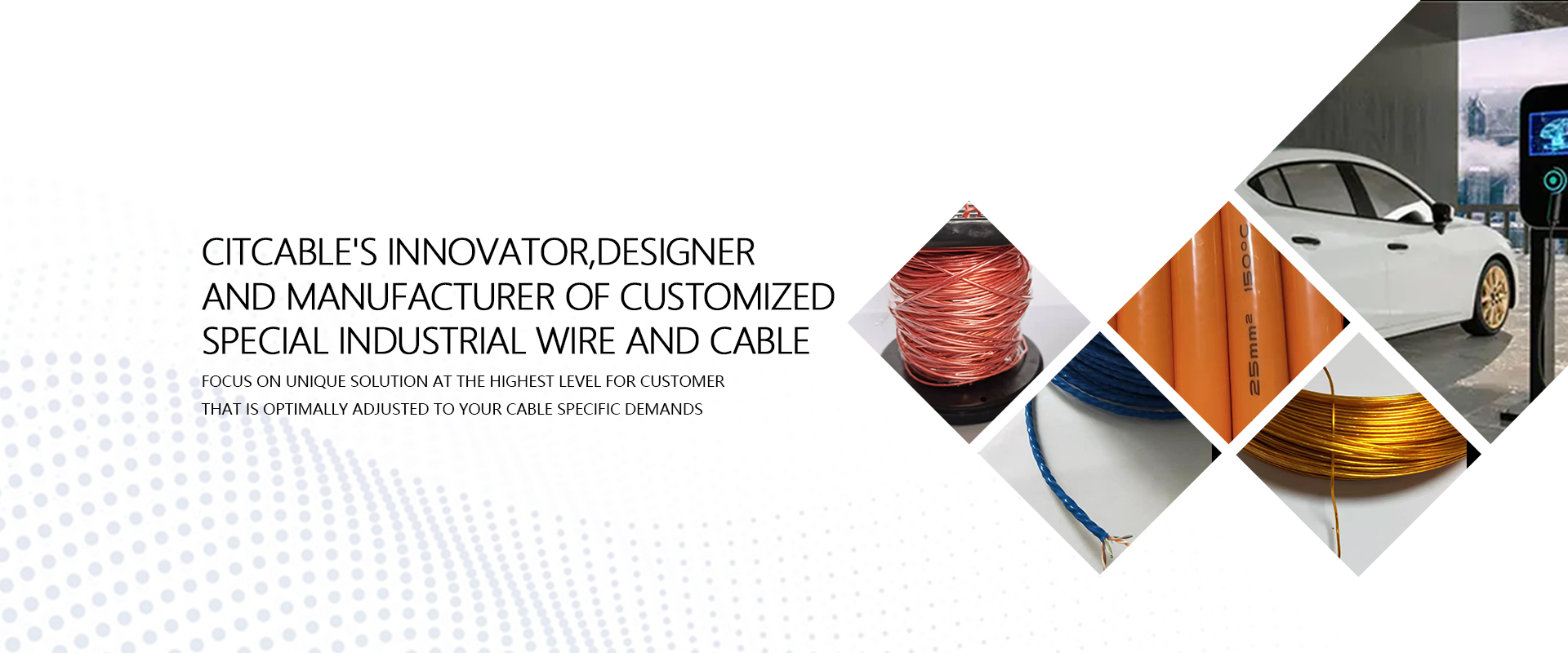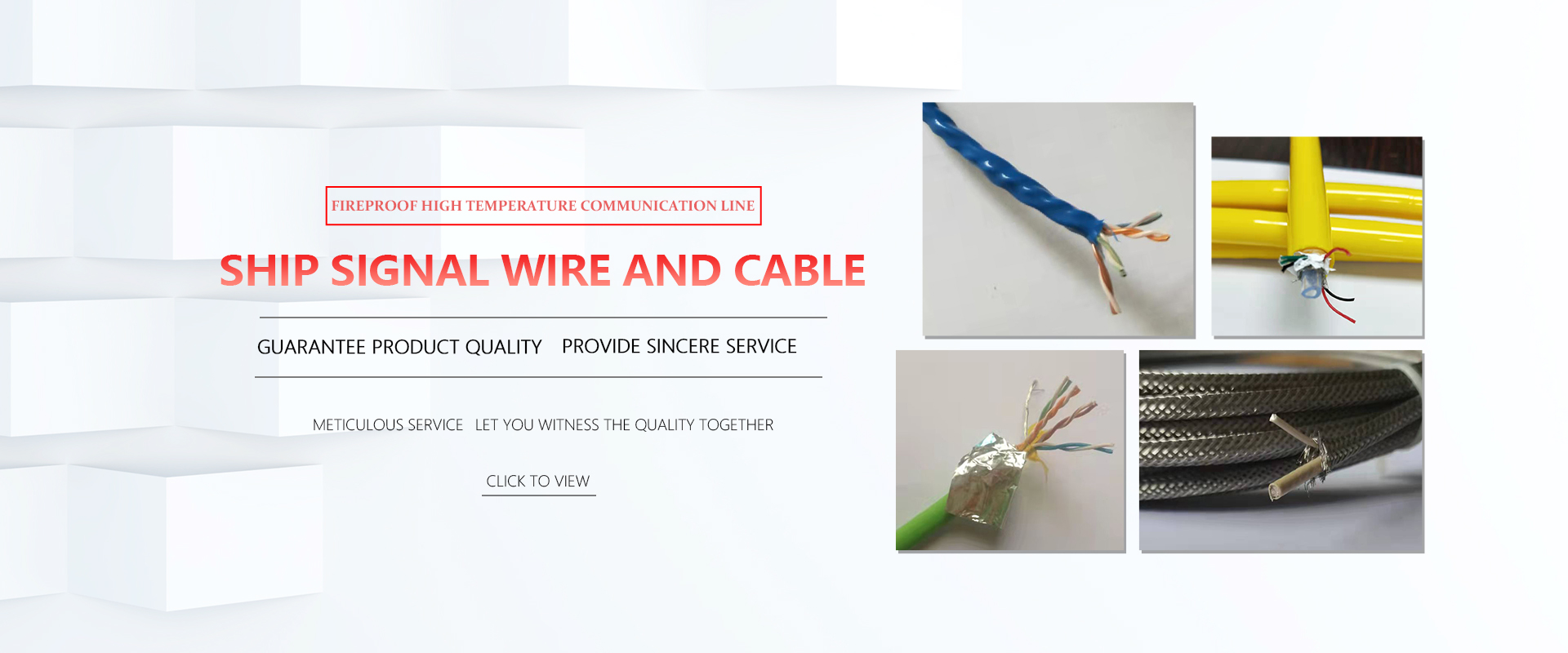The Essential Role of Automotive Cable in Modern Vehicles
Automotive cable plays a pivotal role in the functioning of modern vehicles, ensuring reliable electrical connections and system performance. At CITCable, we specialize in high-quality automotive cables designed to meet the rigorous demands of the automotive industry. This blog explores the key benefits, features, and applications of automotive cables, highlighting their importance in maintaining the efficiency and safety of automotive systems.
What is Automotive Cable?
Automotive cable refers to specialized wiring used in vehicles to connect various electrical components and systems. These cables are designed to withstand the harsh conditions of automotive environments, including temperature fluctuations, vibrations, and exposure to chemicals. Automotive cables are essential for powering electrical systems such as lighting, ignition, sensors, and control units.
Key Benefits of Automotive Cable
-
Durability and Reliability Automotive cables are built to endure the demanding conditions of vehicle operation. They are constructed with materials that resist heat, abrasion, and chemical exposure, ensuring long-lasting performance and reliability. This durability is crucial for maintaining the integrity of vehicle electrical systems over time.
-
Enhanced Safety The safety of vehicle occupants and the vehicle itself relies on the reliable operation of automotive cables. High-quality cables prevent electrical failures that could lead to hazardous situations. Properly insulated and shielded automotive cables reduce the risk of short circuits and electrical fires.
-
Versatile Applications Automotive cables are used in a wide range of applications within vehicles. They connect key components such as the battery, alternator, lights, sensors, and electronic control units. Their versatility ensures that all electrical systems operate seamlessly, contributing to overall vehicle performance.
-
Temperature Resistance Vehicles experience extreme temperature variations, from scorching heat to freezing cold. Automotive cables are designed with materials that can handle these temperature extremes without degrading. This temperature resistance ensures consistent performance and prevents potential electrical issues.
-
Flexibility and Ease of Installation Automotive cables are engineered to be flexible, making them easy to install and route through tight spaces in vehicles. Their flexibility allows for quick and efficient installation, reducing labor time and costs during vehicle assembly and maintenance.
-
Compliance with Industry Standards Automotive cables must meet stringent industry standards and regulations to ensure their quality and safety. CITCable’s automotive cables are manufactured to comply with these standards, providing peace of mind for both manufacturers and end-users.
Applications of Automotive Cable
Automotive cables are integral to various systems within a vehicle. In electrical and lighting systems, they ensure proper operation of headlights, taillights, and interior lights. In engine management, they connect sensors and control units, enabling precise engine performance and diagnostics. Additionally, they are used in comfort systems, including power windows and seats.
Future Trends in Automotive Cable Technology
The future of automotive cables involves advancements such as increased use of lightweight materials and integration with advanced automotive technologies. Trends like electric and autonomous vehicles are driving the development of specialized cables designed to meet new performance and safety requirements.
Conclusion
Automotive cables are essential for the reliable and safe operation of modern vehicles. CITCable’s high-quality automotive cables provide the durability, safety, and performance needed to support various automotive systems. By ensuring effective electrical connections and compliance with industry standards, these cables play a crucial role in the automotive industry.





